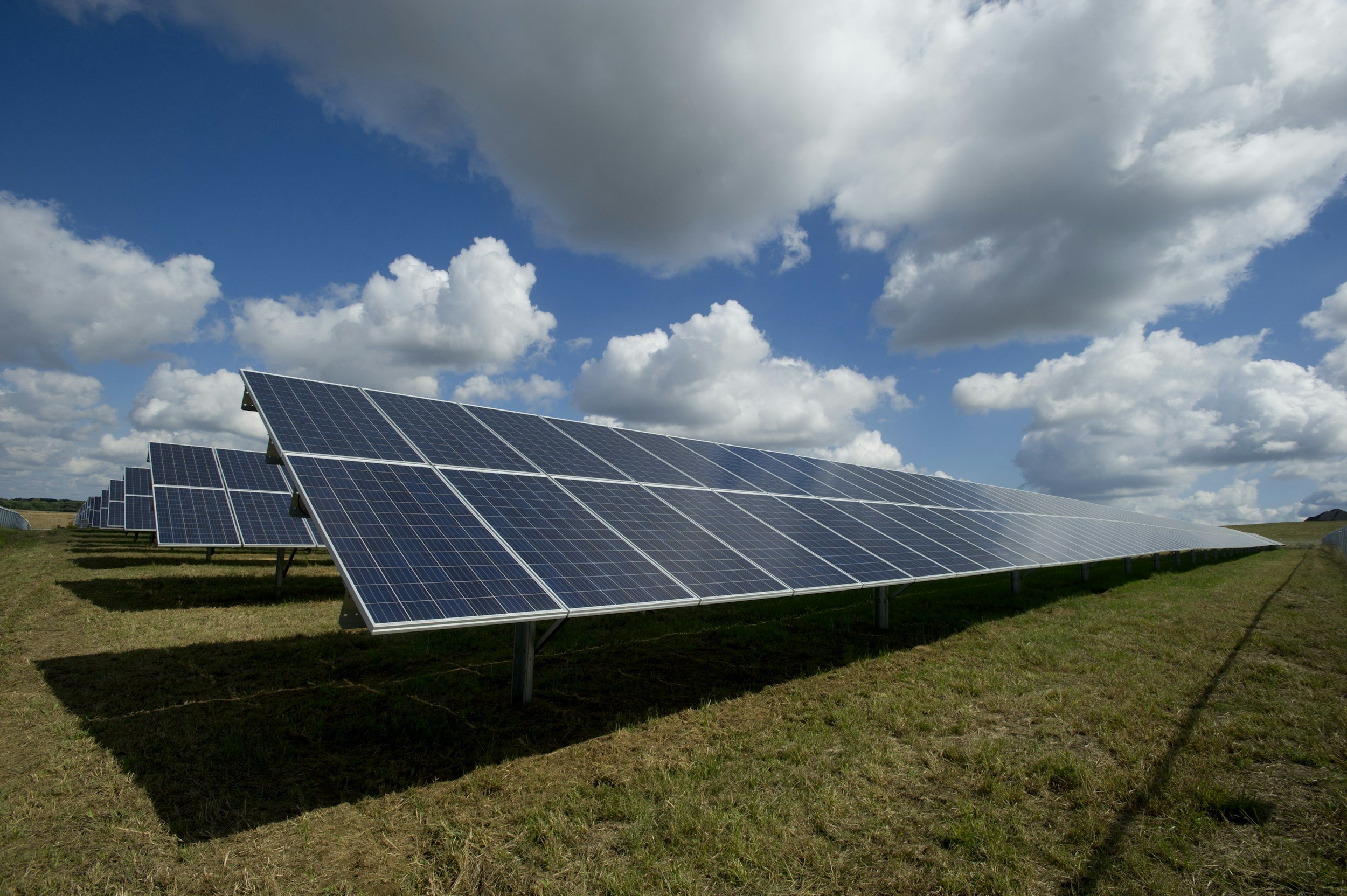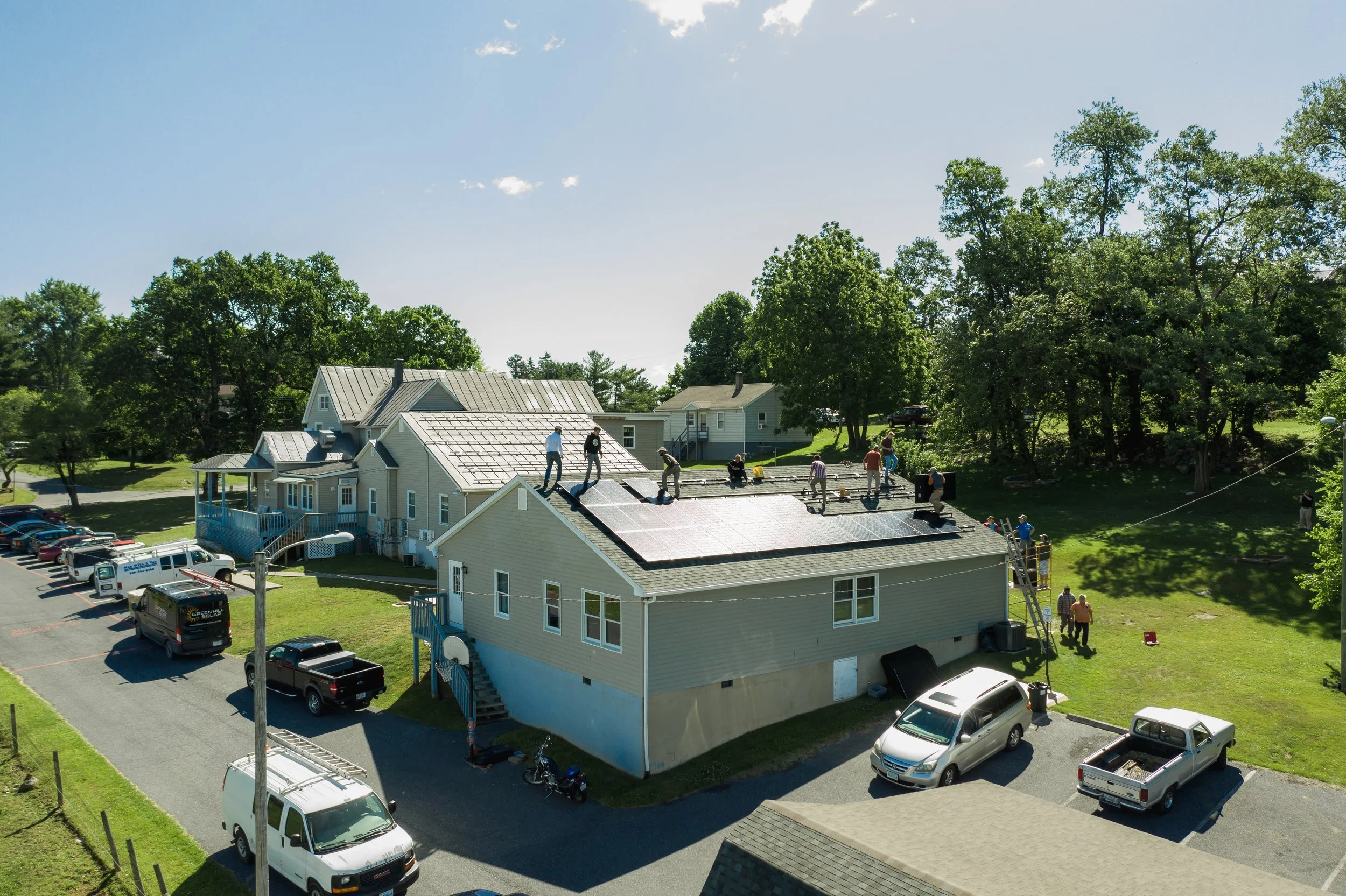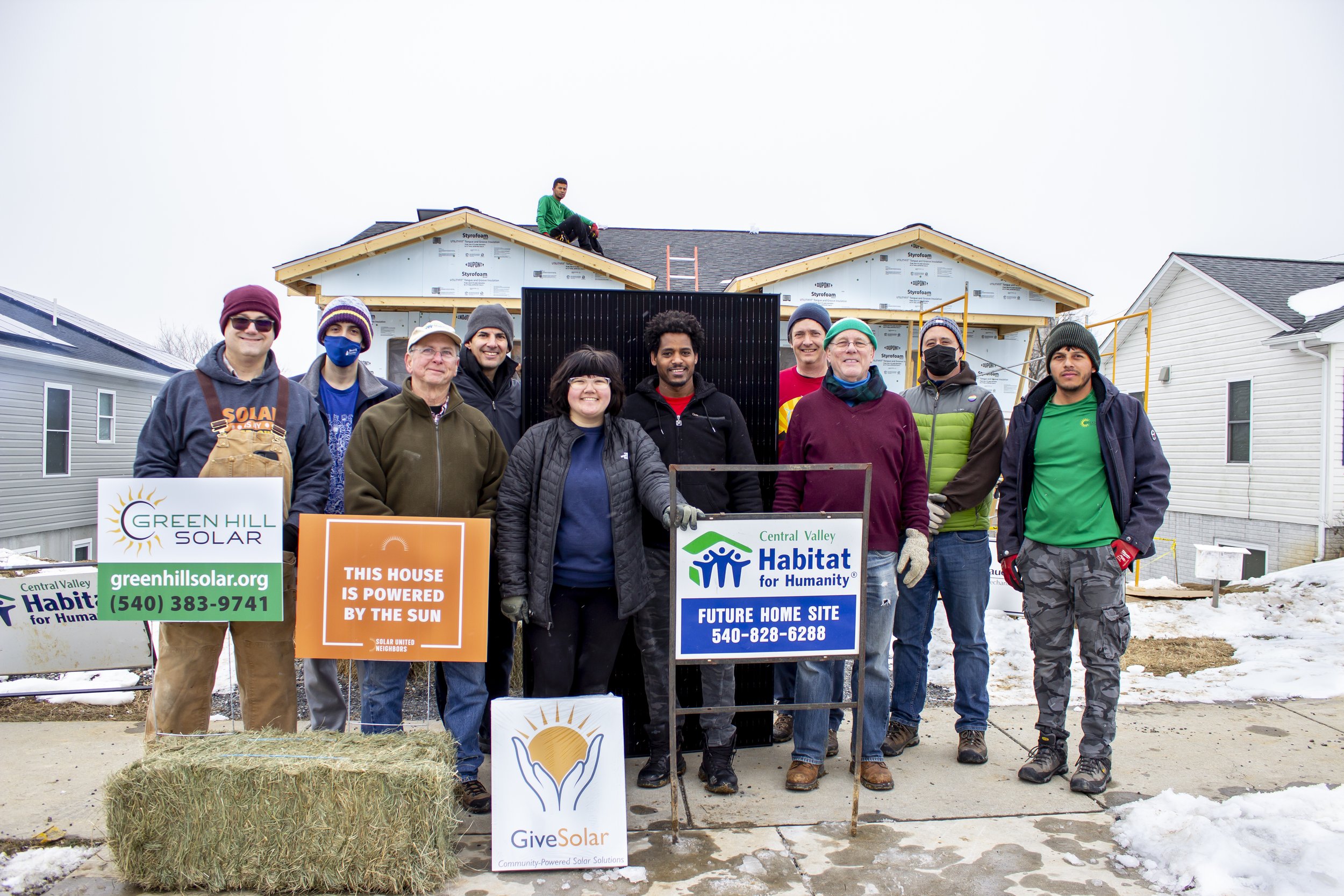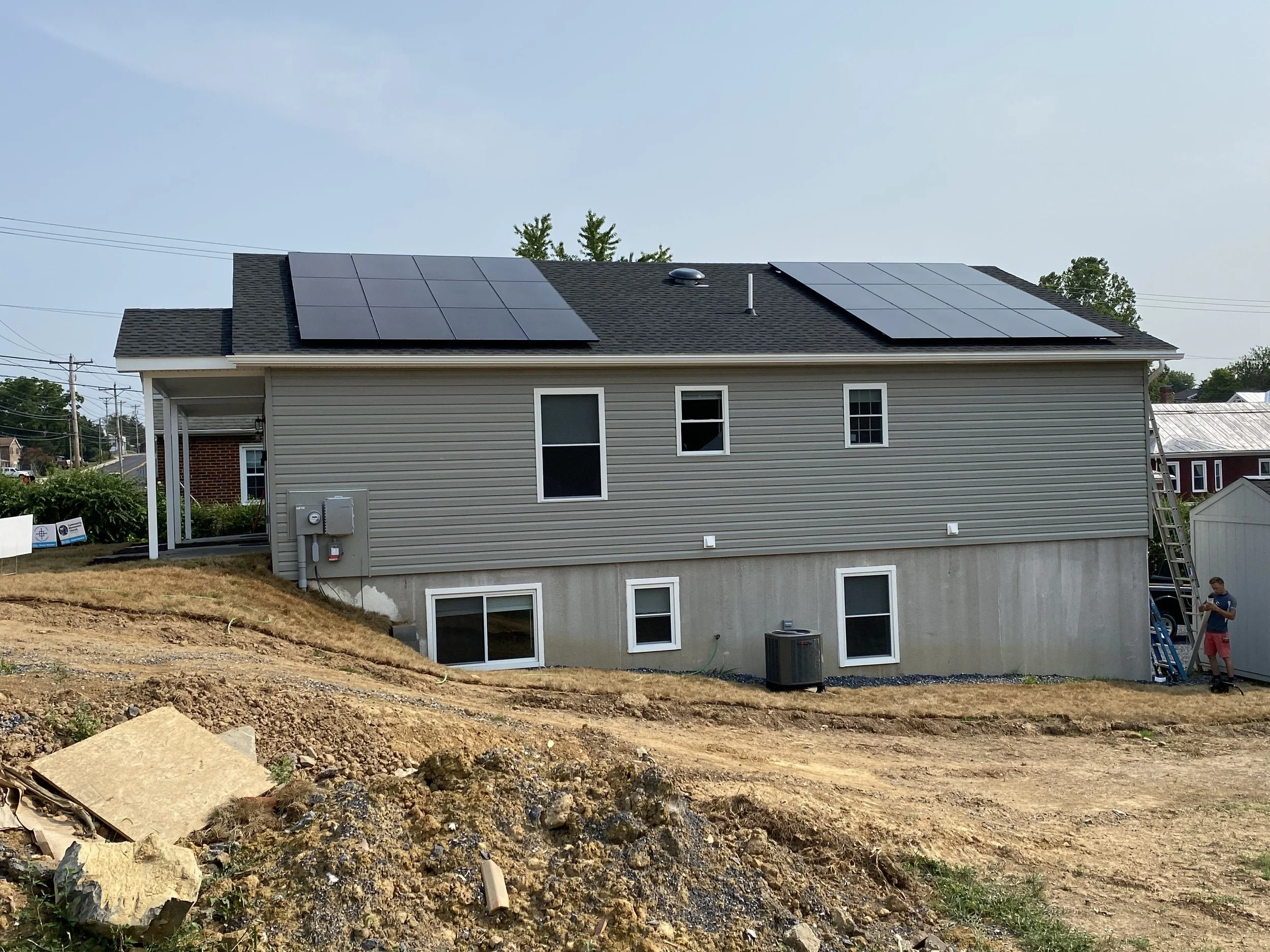
Why Solar?
Accessible and Affordable Solar Energy
Solar energy harnesses sunlight to generate electricity for homes, reducing reliance on fossil fuels and combating climate change. While solar panels were once accessible mainly to wealthier households, GiveSolar is changing that by offering low-cost installation, affordable financing, and integrating costs into home mortgages. This approach lowers energy bills, increases disposable income, and benefits the planet.
Benefits to Partner Families:
US Department of Energy data shows that low-income households spend an average of 8.6% of their total household income on energy bills while non-low income households spend 2%.
Solar greatly reduces energy burden for 25-30 years, the expected lifespan of a solar system.
Solar will protect Habitat families from energy inflation estimated at 2.5-3.5% each year.
A 5 kW solar system (12-14 solar panels) produces approximately 500-600 kilowatt hours of electricity each month, saving homeowners $60-80, depending on the electricity provider.
Solar enhances the affordability of Habitat homes, making it more likely that families will stay in their homes and successfully pay back their mortgage.
Generating and monitoring their own electricity incentivizes households to pay closer attention to energy efficiency, electricity production, and electricity usage, thereby enhancing energy literacy.
In some states, solar homeowners can choose to sell their Solar Renewable Energy Credits (SRECs) to supplement their income.
Solar helps to create generational wealth for families who have historically not had access to inherited wealth.
Solar makes participating families owners of a means of production.
Solar provides low-income families with a meaningful opportunity to participate in environmental solutions.
Benefits to Habitat for Humanity:
Creates opportunities for Habitat to collaborate with environmental organizations, thereby expanding our donor base.
Improves the security of Habitat’s loan portfolio
Burnishes the Habitat for Humanity brand by focusing on the intersection of affordable housing and clean energy.
Community Benefits:
Reduces greenhouse gas emissions that are responsible for climate disruption.
Cleaner air and water due to less burning of fossil fuels.
Increased disposable income among low-income households stimulates local economies through increased consumer spending, savings, and investments.
-
Affiliates must have a volunteer, board member or staff person who is interested in implementing solar programs. This person will liaise with GiveSolar to implement programs. Habitat affiliates must prioritize energy efficiency in their home building and renovations.Interest in carrying out a fully funded solar pilot project.Interest in implementing a long-term sustainable solar program (five years or more). Willingness to incorporate solar systems into house plans and construction processes.
Successfully deploying solar on Habitat homes relies on the willing participation of Habitat affiliates. Local affiliates are instrumental in making partner families aware of affordable and accessible solar opportunities. Ideally, each affiliate should have a point of contact that is passionate about solar, a solar champion.
-
Partnering with a solar installer who is willing to install at a reduced cost.Funding for a pilot project from the Rotary Club, a Just Pax Fund grant, or motivated local donors.A statewide effort to create solar programs within all interested Habitat affiliates.
-
GiveSolar collaborates with Habitat Affiliate Support Organizations and Habitat affiliates to assist with funding, planning, development, and deployment of solar programs. The Donate a Solar Panel campaign helps to provide a portion of the funding needed to install solar. The National Solar Seed Fund Campaign is assisting ASOs in preparing for the rollout of the federally funded Solar for All program (a component of the Inflation Reduction Act).
Available resources:
Media and donor relations materials
Tools for developing a sustainable solar programs
Integrating solar energy into the fundraising strategy of a Habitat affiliate
Access to donated solar materials and statewide grant funding
Access to GiveSolar’s donor database.
Benefits for the Planet
Helps to establish the expectation that affordable housing can achieve net-zero emissions.Each 4 kW solar system reduces greenhouse gas emissions equivalent to planting 120 trees in a year.Establishes that solar is for everyone, regardless of income.
Helps to establish the expectation that affordable housing can achieve net-zero emissions. Each 5 kW solar system reduces greenhouse gas emissions equivalent to planting 150 trees in a year. GiveSolar supports the narrative that solar is for everyone, regardless of income.











